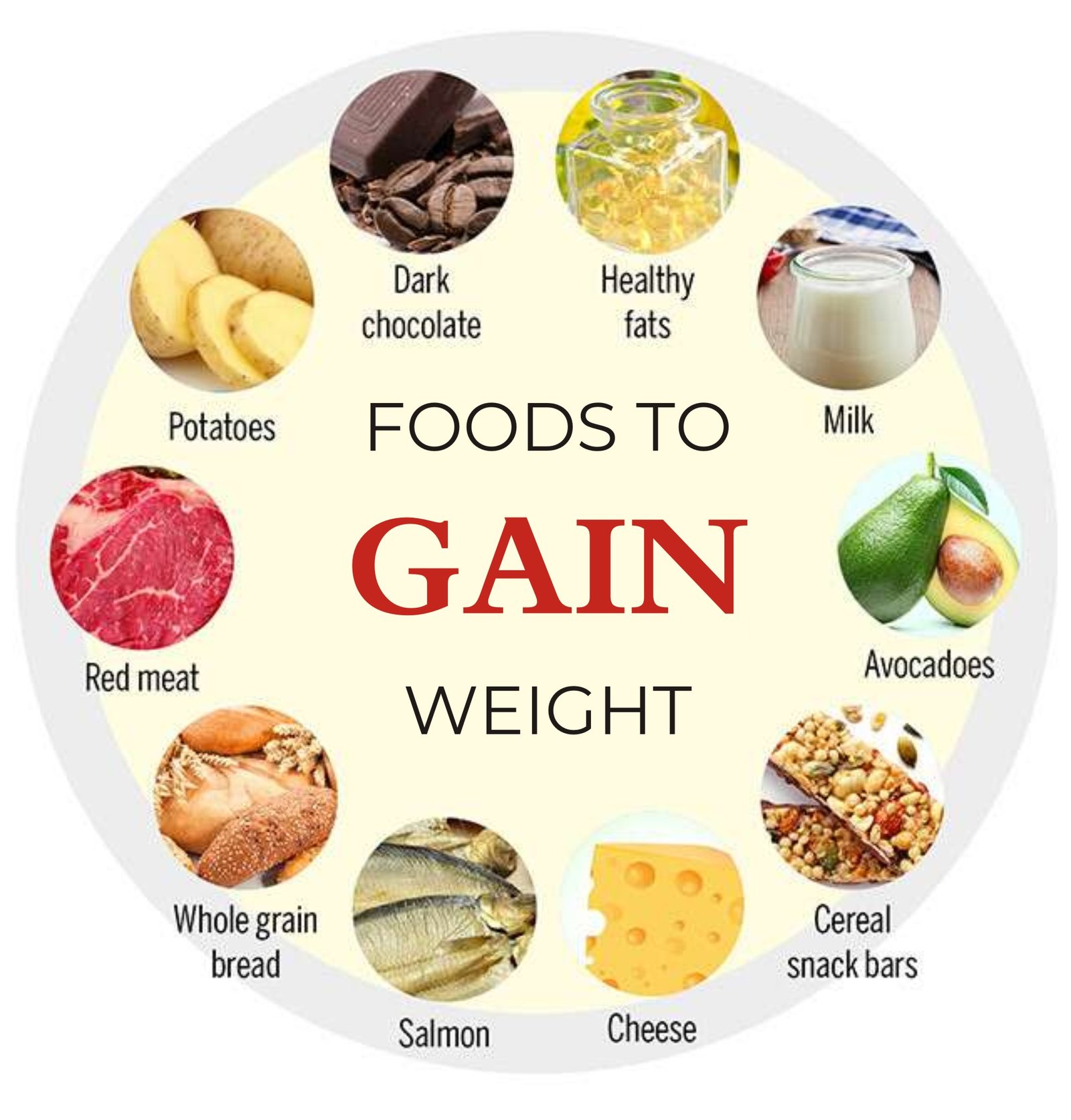Understanding the Basics of Weight Gain
Gaining weight, particularly in a controlled and healthy manner, is a common goal for many individuals. However, the idea of rapidly adding 7 pounds in a single week raises questions about the feasibility and potential consequences of such a goal. To understand the complexities of weight gain, it is essential to explore the relationship between calorie intake, energy expenditure, and the role of a balanced diet and exercise routine.
The Science Behind Rapid Weight Gain
Rapid weight gain, such as attempting to gain 7 pounds in a week, often involves factors like water retention, muscle growth, and fat accumulation. However, it is crucial to understand that these rapid gains are usually temporary and may come with potential health implications. Water retention can occur due to increased sodium intake, carbohydrate consumption, or hormonal fluctuations, causing a temporary increase in body weight. Muscle growth, while beneficial for overall health and fitness, takes time to develop and cannot be achieved rapidly without the use of potentially harmful substances or methods.
Moreover, rapid fat accumulation can lead to increased strain on the heart, lungs, and other organs, potentially resulting in health issues such as obesity, diabetes, and cardiovascular disease. It is essential to approach weight gain realistically and focus on long-term, sustainable changes that prioritize overall health and well-being.
The Role of Nutrition in Weight Gain
Nutrition plays a critical role in managing weight and promoting healthy weight gain. Consuming nutrient-dense foods and monitoring caloric intake is essential for those looking to gain weight in a controlled and sustainable manner. To gain 7 pounds in a week rapidly, one would need to consume a significant caloric surplus, which is not recommended due to potential health risks and the likelihood of rapid weight loss once the surplus is removed.
Instead, focus on incorporating high-calorie, nutrient-dense foods into your diet. Examples include lean proteins (such as chicken, fish, and tofu), whole grains (like brown rice, quinoa, and whole-grain bread), healthy fats (avocados, nuts, seeds, and olive oil), and fruits and vegetables. By consuming these foods in appropriate portions and focusing on long-term sustainable changes, you can promote healthy weight gain and overall well-being.
How to Approach Weight Gain Realistically
Setting realistic weight gain goals is crucial for long-term success and overall health. Rapidly gaining 7 pounds in a week is not a sustainable or healthy approach, as it often involves unhealthy methods and can lead to unwanted consequences. Instead, aim for a gradual and controlled weight gain of 1-2 pounds per week by making sustainable changes to your diet and exercise routine.
To ensure a healthy weight gain, consult with healthcare professionals or registered dietitians before making significant alterations to your diet or exercise routine. These experts can provide personalized guidance based on your individual needs, helping you create a balanced and effective plan for weight gain. Remember, a healthy weight gain journey focuses on long-term sustainability and overall well-being, rather than quick fixes or drastic changes.
The Potential Risks and Drawbacks of Rapid Weight Gain
Rapid weight gain, such as attempting to gain 7 pounds in a week, can have several potential health risks and drawbacks. One major concern is the increased strain on vital organs, including the heart and lungs, which can lead to decreased efficiency and functionality over time. Additionally, rapid weight gain often involves excessive fat accumulation, which can contribute to the development of obesity, diabetes, and cardiovascular disease.
Moreover, rapid weight gain can result in imbalances in electrolyte levels, potentially leading to complications such as kidney damage or heart failure. Furthermore, the sudden increase in body weight can cause additional stress on joints and connective tissues, increasing the risk of injury or chronic pain. To avoid these potential risks, it is crucial to focus on gradual, controlled weight gain and prioritize overall health and well-being.
Alternatives to Rapid Weight Gain: A Healthier Approach
Rather than focusing on rapid weight gain, consider alternative strategies that promote healthy, sustainable weight gain. A balanced approach often involves a combination of muscle growth, strength training, and proper nutrition.
For muscle growth, incorporate resistance training exercises such as weightlifting, bodyweight exercises, or resistance band workouts into your routine. Aim for 2-3 strength training sessions per week, focusing on compound movements that target multiple muscle groups. Examples include squats, deadlifts, bench presses, and pull-ups.
In terms of nutrition, consume nutrient-dense foods that support muscle growth and repair. Opt for lean proteins (chicken, turkey, fish, tofu), complex carbohydrates (whole grains, fruits, vegetables), and healthy fats (avocados, nuts, seeds, olive oil). To increase caloric intake, consider consuming smaller, more frequent meals throughout the day or incorporating nutrient-dense snacks between meals.
Additionally, ensure adequate rest and recovery by getting 7-9 hours of sleep per night. Quality sleep is essential for muscle growth and repair, allowing your body to make the most of your strength training and nutritional efforts.
Monitoring Progress and Adjusting Strategies
Monitoring progress and making adjustments to your weight gain strategies is crucial for long-term success. Regularly track your weight, body composition, and overall health to ensure that your weight gain plan is both safe and effective. Here are some tips on how to monitor your progress effectively:
- Weigh yourself regularly: Aim to weigh yourself at least once a week, ideally at the same time and under the same conditions. This consistency will help you accurately track your weight gain over time.
- Measure body composition: In addition to tracking your weight, monitor your body fat percentage and lean muscle mass. This will provide a more comprehensive understanding of your weight gain and help you ensure that you are gaining muscle rather than just fat.
- Track your diet and exercise: Keep a food diary or use a fitness app to log your meals and workouts. This will help you identify patterns and adjust your diet and exercise routine as needed to support your weight gain goals.
- Monitor your health: Regularly check in with your healthcare provider or registered dietitian to ensure that your weight gain plan is not negatively impacting your overall health. They can provide valuable insights and guidance to help you make adjustments as needed.
Remember, weight gain is a journey, and it’s essential to be patient and persistent. By monitoring your progress and making adjustments as needed, you can ensure that your weight gain strategies are safe, effective, and sustainable for the long term.
Maintaining a Balanced Lifestyle: Long-Term Weight Gain Management
Achieving a healthy weight gain is not just about adding pounds; it’s about creating a balanced lifestyle that supports overall health and well-being. Rather than focusing on rapid weight gain, prioritize sustainable changes that promote long-term success. Here are some tips for maintaining a balanced lifestyle while working towards your weight gain goals:
- Stay active: Engage in regular physical activity to support muscle growth and overall health. Aim for a combination of resistance training, cardiovascular exercise, and flexibility workouts. This will not only help you gain weight but also improve your overall fitness and well-being.
- Eat nutrient-dense foods: Focus on consuming nutrient-dense foods that provide a balance of macronutrients, vitamins, and minerals. Incorporate lean proteins, whole grains, fruits, vegetables, and healthy fats into your diet. This will help ensure that your weight gain is healthy and sustainable.
- Monitor your progress: Regularly track your weight, body composition, and overall health to ensure that your weight gain strategies are safe and effective. Adjust your plan as needed based on your progress and feedback from healthcare professionals or registered dietitians.
- Prioritize self-care: Ensure that you are getting enough sleep, managing stress, and engaging in activities that promote relaxation and happiness. A balanced lifestyle is about more than just weight gain; it’s about creating a holistic approach to health and well-being.
Remember, the journey to healthy weight gain is about more than just adding pounds to the scale. By focusing on a balanced lifestyle that supports overall health and well-being, you can ensure that your weight gain strategies are safe, effective, and sustainable for the long term. Avoid the temptation of rapid weight gain and instead prioritize long-term success and happiness.








